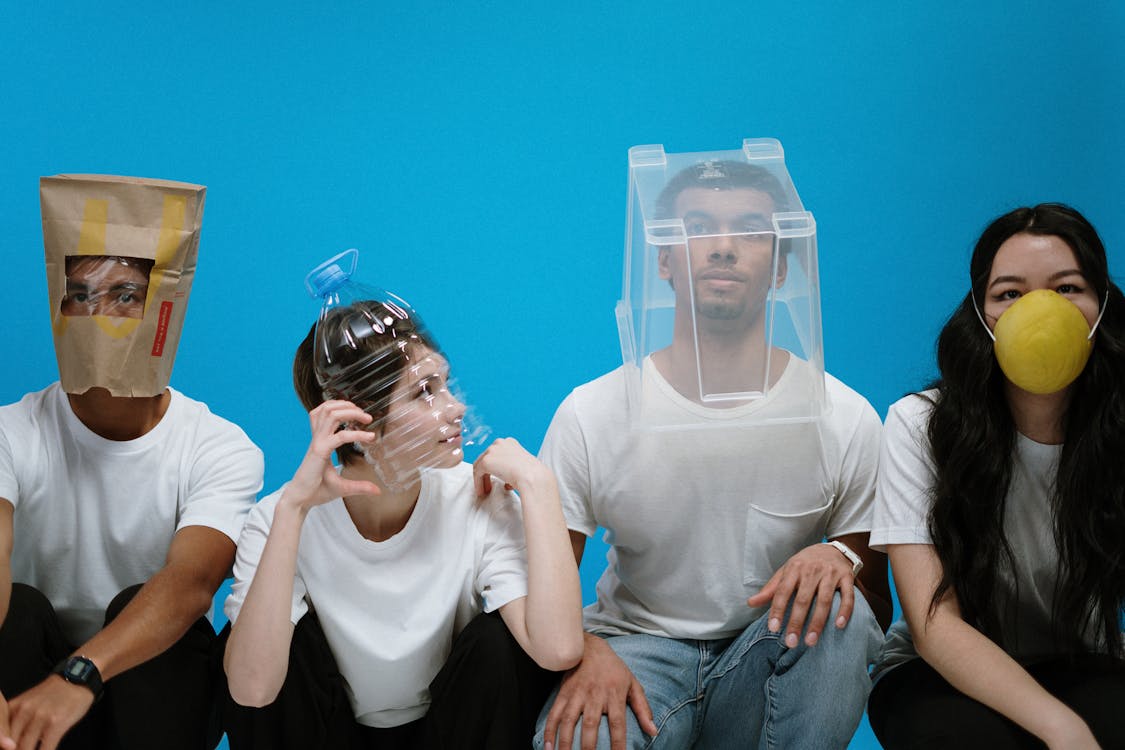Understanding Post Covid Insomnia Duration
Post-Covid insomnia is a concern for many individuals who have recovered from Covid-19. While the journey to recovery often includes relief from the primary symptoms of the virus, some individuals may experience lingering sleep disturbances. In this guide, we will delve into the duration of post-Covid insomnia, its symptoms, and potential treatments.

Post Covid Insomnia Overview
Post Covid Insomnia, as the name suggests, refers to sleep problems that persist after recovering from COVID-19. While not everyone who has had COVID-19 experiences insomnia, it can affect a significant number of individuals during their recovery phase.
How Long Does Post Covid Insomnia Last?
The duration of post-Covid insomnia can vary widely from person to person. There is no one-size-fits-all answer to the question, "How long does post-Covid insomnia last?" The duration and intensity of insomnia symptoms following COVID-19 recovery are influenced by various factors, including:
Individual Variability: Each person's recovery journey is unique. Some individuals may experience sleep disturbances for a few days or weeks, while others may struggle with insomnia for several months.
Severity of Illness: The severity of your COVID-19 illness can impact the duration of post-Covid insomnia. Those who had a more severe illness may experience more prolonged sleep issues.
Preexisting Conditions: If you had preexisting sleep disorders or insomnia before contracting COVID-19, your recovery period may be longer.
Mental Health: Psychological factors such as anxiety, depression, or post-traumatic stress disorder (PTSD) can contribute to insomnia. Addressing these issues may help improve sleep quality.

Post Covid Insomnia Treatment
If you are grappling with post-Covid insomnia, know that there are treatment options available. Consider these approaches that can be beneficial:
Sleep Hygiene: Practicing good sleep hygiene is essential. This includes maintaining a regular sleep schedule, creating a comfortable sleep environment, and limiting exposure to screens before bedtime.
Stress Management: Relaxation techniques, such as deep breathing exercises and meditation, can help manage stress and improve sleep.
Cognitive-Behavioral Therapy for Insomnia (CBT-I): CBT-I is a structured program that addresses the thoughts and behaviors that contribute to insomnia. It has been shown to be effective in treating post-Covid insomnia.
Medications: In certain instances, medical professionals may recommend medications to aid in improving sleep. These should be used under medical supervision and only when necessary.
Seeking Professional Help: If your insomnia persists or worsens, it's advisable to consult a healthcare provider or sleep specialist. They can evaluate your condition and recommend tailored treatments.
Conclusion
In conclusion, the duration of post-Covid insomnia is highly variable and influenced by individual factors, the severity of the illness, and preexisting conditions. While it can be a challenging issue to navigate, there are effective treatments and strategies available to improve sleep quality during the COVID-19 recovery phase. If you are experiencing post-Covid insomnia, don't hesitate to seek help from a healthcare professional who can provide guidance and support tailored to your specific needs. Remember that with the right approach, better sleep is attainable even after the challenges posed by Covid-19.